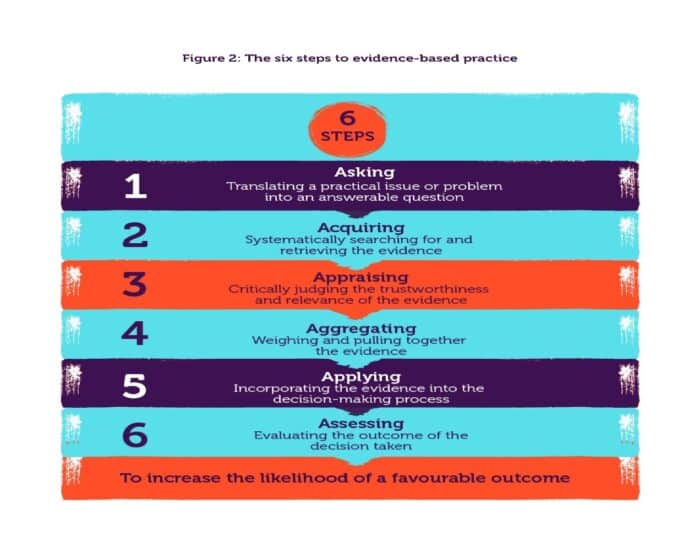Description
3CO02 Principles of Analytics Assignment Answers
Our 3CO02 Principles of analytics assignment answers are designed to alleviate the burden of lengthy and time-consuming study sessions. These solutions will enhance your confidence in writing your 3CO02 assignment responses by enabling you to effortlessly master the unit subject. The responses have been composed in clear and concise language, breaking down difficult concepts into easier to understand parts to guarantee a full understanding of the topic. In addition, the solutions for the 3CO02 assignment contain references. These additional resources will offer you more knowledge and comprehension, allowing you to enhance and personalise your responses. These responses also exemplify how one might proficiently organize their own responses, employing academic terminologies, and offering detailed explanations and illustrations. Gain access to the 3CO02 Principles of Analytics answers today and get a complete understanding of how to effectively convey your thoughts in your assignment and meet your assessor’s requirements.
Should you need any further assistance, do not hesitate to make good use of our place order button, to get tailored assistance and attention.
3CO02 Task: Questions
3CO02 Assignment Answers, knowledge, and understanding will be assessed through written responses to the following questions:.
3CO02 (Principles of Analytics) – Section 1
(AC 1.1) Explain what evidence-based practice is and how it might be applied within an organisation.
Evidence-based human resource (HR) is the process of making decisions based on evidence from available internal data, research and experimental discoveries, expert opinion, and values in order to accomplish desired business objectives. This strategy progresses from assembling the HR board concerning patterns, predispositions, or major solutions (Boatman, n.d.). It advances toward determining what works and does not work for strategic direction and decision-making.
EBP HR Key Steps
- Identifying the problem and formulating questions: Define clearly the question you want to address by defining the specific issue that necessitates an evidence-based procedure.
- Hypothesis Development: To come up with reasons for the problem, have a brainstorming session with colleagues, superiors, and experts who can help you find answers to the hypothesis.
- Data gathering: Assess the credibility of the data utilized in the procedure. Use different data sources to generate data that may be utilized in the process (Portney, 2020).
- Synthesizing the Evidence and Data Analysis: Appropriately analyze and synthesize information based on common patterns, similarities, and findings relevant to the organization.
- Application of the Evidence: Use the evidence and data gathered to validate the hypothesis and provide viable solutions.
- Outcome Assessment: Gather feedback and perceptions from stakeholders to see whether the process outcome are consistent with your initial assumptions.

EBP HR Key Steps 3CO02 AC 1.1 ANSWER
Useful link: 3CO02 Hints & Tip »
EBP HR Practical examples
In 2007, the city of New York funded $75 million in motivational installments for teachers, with the expectation that this would encourage educators to be more fulfilled and useful, resulting in improved students’ performance. However, the initiative had no effect on student success or teacher performance (Boatman, n.d.). If school administrators had done their study, they would have discovered that this technique was unlikely to generate the intended results.
Additionally, the PNC Bank which embraced a proof-put-together approach to performance management. The HR department employed analytics and tools to gain a better understanding of the risks associated with their various incentive plans. Thoroughly considering a comprehensive analysis of each stage of the talent cycle yielded more precise insights regarding particular positions. HR was subsequently prepared to establish a framework to mitigate risk, as opposed to simply eliminating the unnecessary strategies.
GET FULL 3CO02 NEW BRIEF Assignment Answers (2024-2025): »
(AC 1.2) Explain the importance of using data in organisations and why it is necessary to ensure that data is accurate when determining problems and issues.
(AC 1.3) Explain the different types of data measurements used by people and professionals.
(AC 1.6) Explain how the application of agreed-upon policies and procedures informs decisions.
(AC 2.1) Explain how people professionals create value for people, organisations and wider stakeholders.
(AC 2.2) Summarize the ways in which you can be customer-focused and standards-driven in your own context.
3CO02 (Principles of Analytics) – Section 2
(AC 1.4)Conduct common calculations to interpret the data.











Reviews
There are no reviews yet.